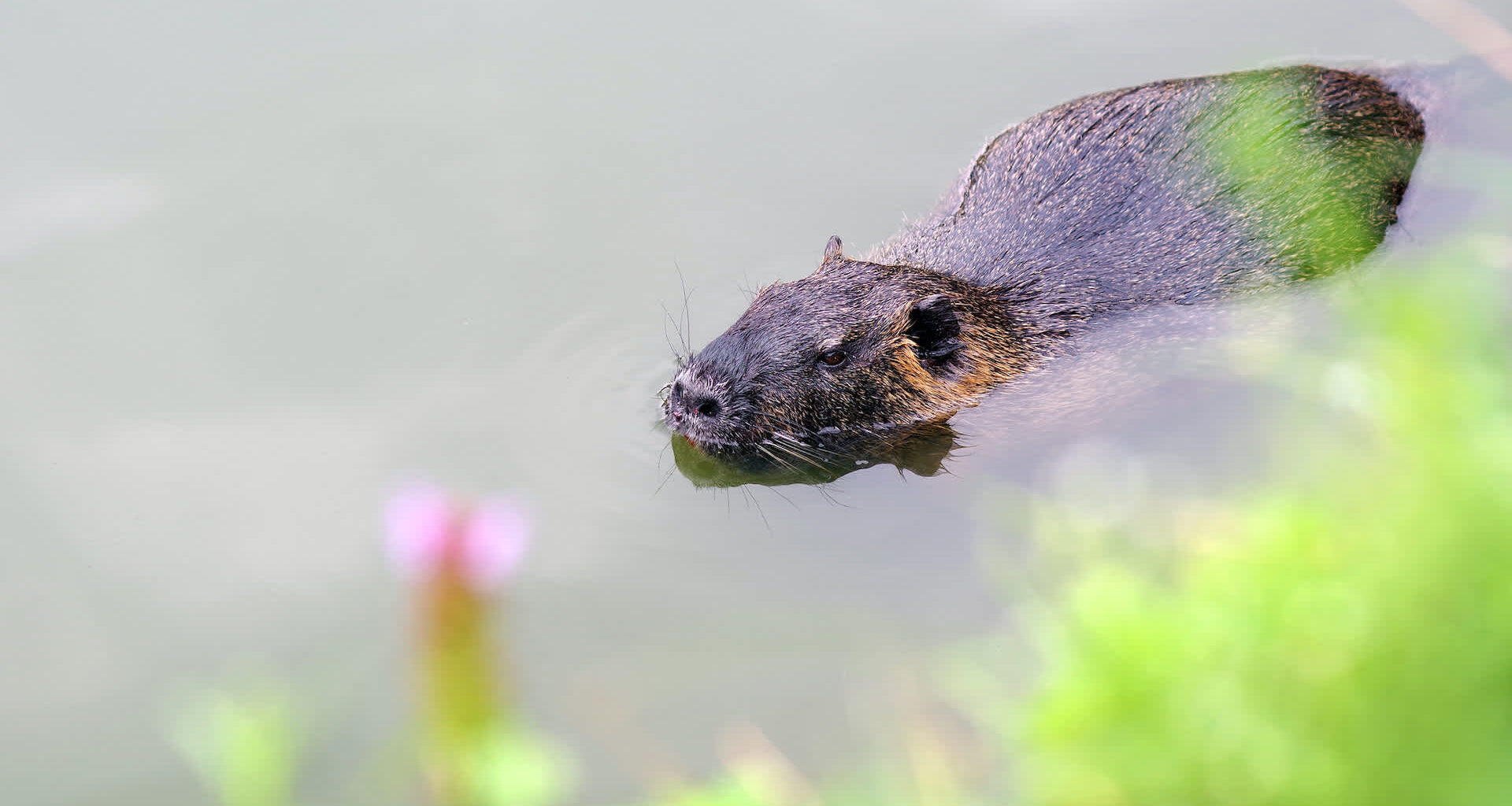In an effort to protect Mississippi’s ecosystem, the U.S. Fish and Wildlife Service has recommended that locals take a peculiar approach to controlling invasive species.
According to the Clarion Ledger, there are tons of species that can be attained by hunting and fishing. Adding them to your diet can both step up your dinner game and protect the environment.
One of the top species recommended by the FWS as the basis of Mississippi’s next meal is the nutria. It’s a rodent that originally came from South America.
The U.S. Department of Agriculture stated that nutria have been found in at least 20 states. Like any invasive species, these non-native animals wreak havoc on the ecosystems they infiltrate. In the nutria’s case, they consume native plants responsible for wetland soil protection, which is making coastal marshes shrink.
The FWS recommends nutria gumbo as an option to curb this rodent’s proliferation in Mississippi.
“Their meat is lean, mild, and tastes like rabbit,” the wildlife service said on its website.
Want to go solar but not sure who to trust? EnergySage has your back with free and transparent quotes from fully vetted providers that can help you save as much as $10k on installation.
To get started, just answer a few questions about your home — no phone number required. Within a day or two, EnergySage will email you the best local options for your needs, and their expert advisers can help you compare quotes and pick a winner.
Cooking invasive species is not an unfamiliar practice. Not only is it a way to use interesting ingredients, but it’s an incredibly sustainable way to cook.
In Texas, the state’s Parks and Wildlife Department suggested using invasive red lionfish in dishes. One internet chef posted a delicious lionfish taco recipe.
Some chefs have taken invasive species management to another level: a Michelin Guide restaurant in Thailand has catered its menu to use invasive species in fancy dishes.
In Mississippi, nutria are not the sole invasive species. The Clarion Ledger listed tons of others, which include northern snakeheads, wild boar, and green iguanas. The FWS suggested finding ways to consume any of these species.
By taking these animals out of the environment, locals can do their part in protecting biodiversity, keeping the entire food chain healthy.
To do your part in protecting native species, don’t bring any invasive plants into your yard, and educate yourself on their impact. Furthermore, you can take local action against invasive species. Try removing invasive plants or listening to the FWS and grilling up invasive species for dinner.
Join our free newsletter for easy tips to save more and waste less, and don’t miss this cool list of easy ways to help yourself while helping the planet.


